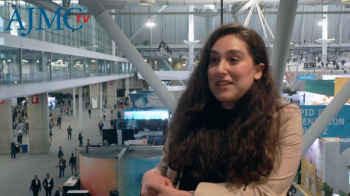
CHEST 2024 late-breaking data showcased the potential of AI-based systems in diagnosing and managing pulmonary embolism.

CHEST 2024 late-breaking data showcased the potential of AI-based systems in diagnosing and managing pulmonary embolism.

Two posters presented at the CHEST 2024 annual meeting underscore the importance of early identification and treatment of chronic obstructive pulmonary disease (COPD), with better adherence and outcomes among those using single-inhaler triple therapy.
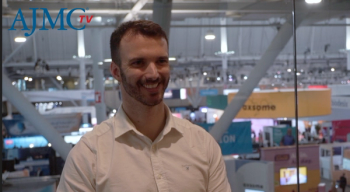
Chronic obstructive pulmonary disease (COPD) presents a significant challenge for both patients and health care providers and discussions of effective management strategies took center stage at CHEST 2024 in Boston.

A poster presented at the CHEST 2024 annual meeting shows that inhaled treprostinil (iTRE) reduces hospitalizations in patients with pulmonary hypertension due to interstitial lung disease (PH-ILD).
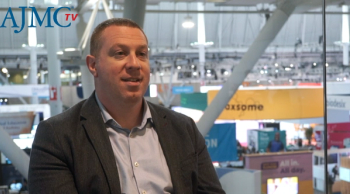
Hope is on the horizon for patients living with chronic obstructive pulmonary disease (COPD). CHEST 2024 in Boston featured a session highlighting emerging bronchoscopic therapies.

Two posters presented at the CHEST 2024 annual meeting showed that mepolizumab significantly reduces exacerbations in patients with severe asthma and asthma with concurrent chronic obstructive pulmonary disease (COPD).
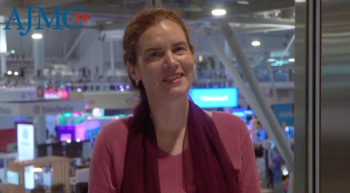
New data presented at CHEST 2024 in Boston revealed a significant link between obstructive sleep apnea and mental health disorders in middle-aged and older adults.

At the CHEST 2024 annual meeting, international respiratory society leaders highlighted the need for global collaboration to address issues like air pollution and health equity in respiratory care.

Experts at CHEST 2024 highlighted significant racial disparities in lung cancer screening, treatment, and outcomes, recommending system-based interventions to improve care equity for patients of color.
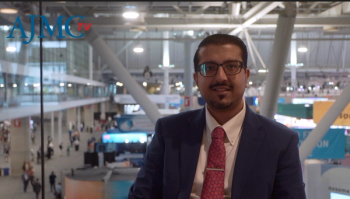
Krunal Patel, MD, Temple University Hospital, highlights CHEST 2024 data revealing why timing matters with acute pulmonary embolism (PE) intervention.

Experts at the CHEST 2024 annual meeting agreed that artificial intelligence (AI) should not be relied upon entirely, but instead be used as a tool by radiologists to make a diagnosis of interstitial lung disease (ILD).
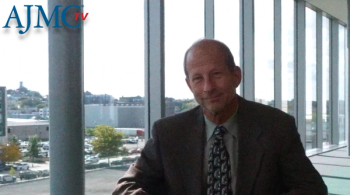
One of the first sessions to kick off CHEST 2024 in Boston looked at the future of physician compensation, which highlighted the consolidation of physician practices, unionization, the role of coding and fee-for-service payment, and the impacts of facility reimbursement, inflation, and market conditions.

Although air pollution is linked to increased exacerbations in patients with idiopathic pulmonary fibrosis (IPF), its role in disease progression remains uncertain, with evidence suggesting that both genetic susceptibility and environmental factors contribute to IPF development.
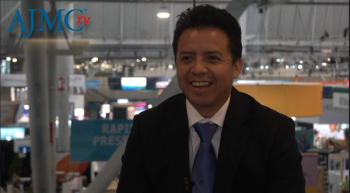
In this interview, Juan Carlos Martinez, MD, explains that while patients recognize the severity of lung cancer, there is a lack of knowledge about lung cancer screening methods, likely due to barriers such as language, education, and health care access.

Caroline Quill, MD, of the University of Rochester Medical Center, highlighted the potential of artificial intelligence (AI) and digital technologies to enhance treatment for chronic obstructive pulmonary disease (COPD) at the CHEST 2024 annual meeting in Boston, Massachusetts.

The CHEST Annual Meeting 2024 will take place in Boston, Massachusetts, from October 6 to 9, where experts will discuss current practice challenges and future developments.

Parth Rali, MD, Temple University Hospital, is looking forward to approaching pulmonary vascular diseases as a spectrum, especially when assessing pulmonary embolism and pulmonary hypertension, at CHEST 2024.
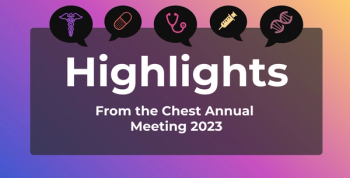
Our top coverage from the CHEST Annual Meeting 2023 explored various topics, including strategies to prevent air pollutant exposure and keys to achieving equity in lung cancer screenings.
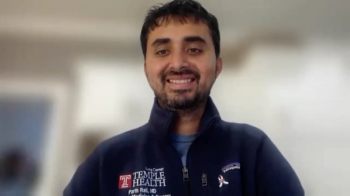
Dr. Parth Rali, MD, of Temple University Hospital explained the challenges of managing patients with intermediate-risk pulmonary embolism (PE) and how risk stratification tools can help to address these challenges.

Jay Lee, MD, talks about financial toxicity in terms of the individual patient and in terms of the health system itself, especially in terms of non-small cell lung cancer (NSCLC) recurrence.

Vast claims databases can yield valuable information about the unmet medical needs of patients with chronic obstructive pulmonary disease (COPD) and severe asthma, and those insights point to areas that can be improved by engaging and educating clinicians.

Two posters presented at the CHEST Annual Meeting 2023 showed how real-world exacerbation rates in asthma and chronic obstructive pulmonary disease (COPD) dropped after patients started using a single inhaler that delivers triple therapy.

With methamphetamines continuing to inflict damage on the Western United States, panelists at the CHEST Annual Meeting 2023 shared sobering statistics and important considerations in treating patients with pulmonary hypertension associated with use of this destructive drug.

Andrew Ho, MD, talks about the importance of searching for what can be modified, such as closer transition to skilled nursing facilities, when working with patients who had pulmonary embolism (PE) and experienced readmission who had nonmodifiable factors and comorbidities.

Aparna Balasubramanian, MD, discusses the importance of measurements such as heart rate variability, but also that there’s no such thing as just 1 biomarker that will give all information for high-risk patients with chronic obstructive pulmonary disease (COPD).

Amid the impacts of climate change, industrial emissions, and environmental disasters, pulmonologists and other clinicians will need to deliver actionable advice on how to reduce the risks to lung health posed by air pollution, according to panelists at the CHEST Annual Meeting 2023.

A close, updated review of data used to determine how to improve lung cancer screening rates and see who is most at risk of pulmonary complications is necessary to make progress in this area, notes Ajay Sheshadri, MD, MSCI.
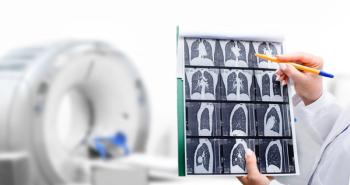
Increasing lung cancer screening uptake without tailoring outreach and follow-up for underserved populations risks magnifying the existing racial and ethnic disparities in screening, so thoughtful approaches are needed to close the gaps, according to speakers at the CHEST Annual Meeting 2023.

Jeffrey Velotta, MD, FACS, attendee and presenter of CHEST Annual Meeting 2023, talks about the phenomenon of an increase in female, Asian, nonsmokers developing lung cancer, and what is being done to address this rise.

Aparna Balasubramanian, MD, assistant professor of medicine, Johns Hopkins School of Medicine, and attendee of the CHEST Annual Meeting 2023, talks about the necessity of challenging measurements like race-specific equations that can create harmful assumptions.

259 Prospect Plains Rd, Bldg H
Cranbury, NJ 08512
© 2025 MJH Life Sciences®
All rights reserved.
